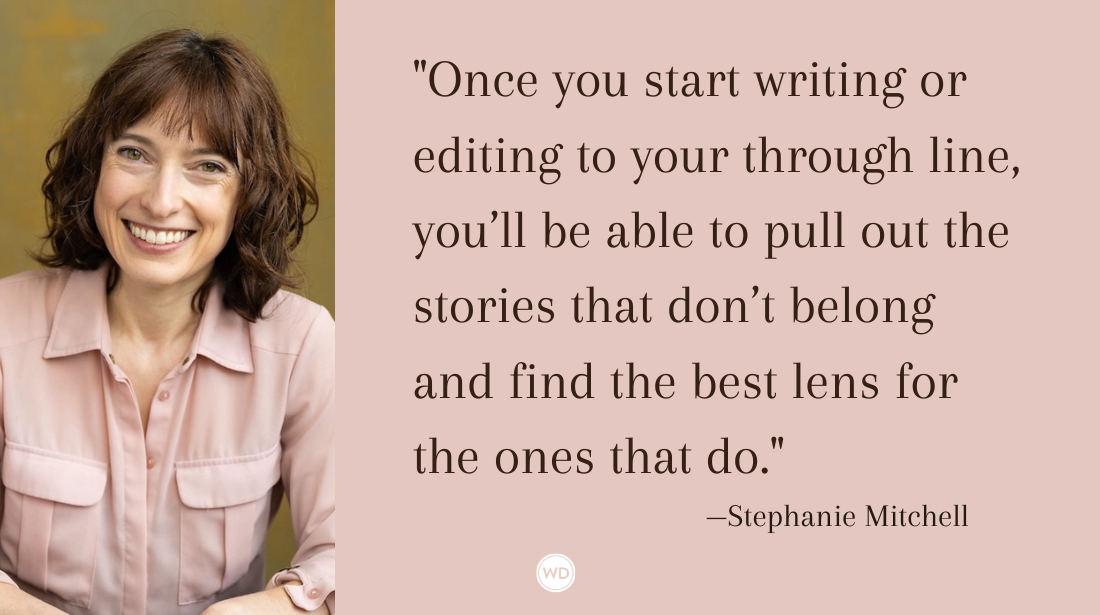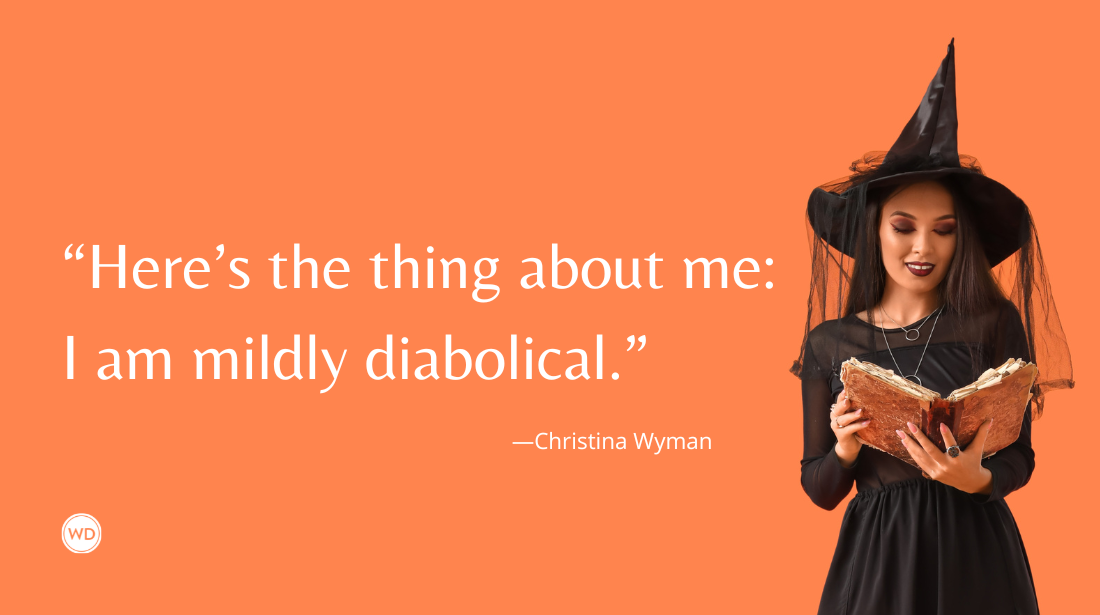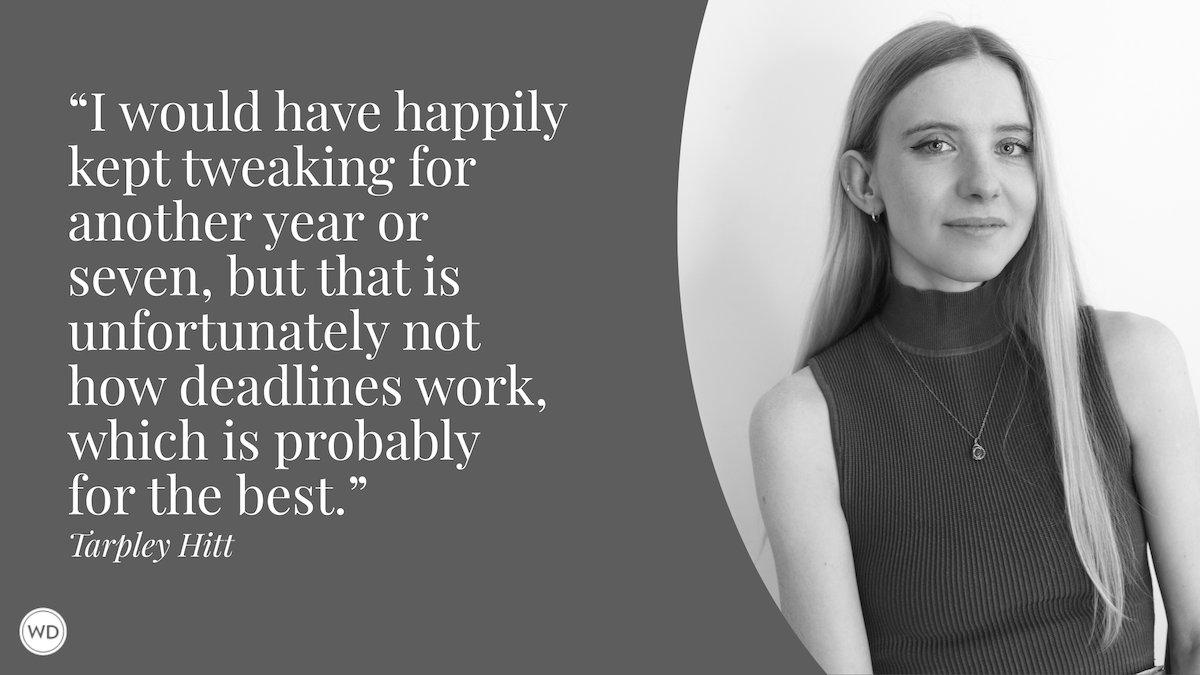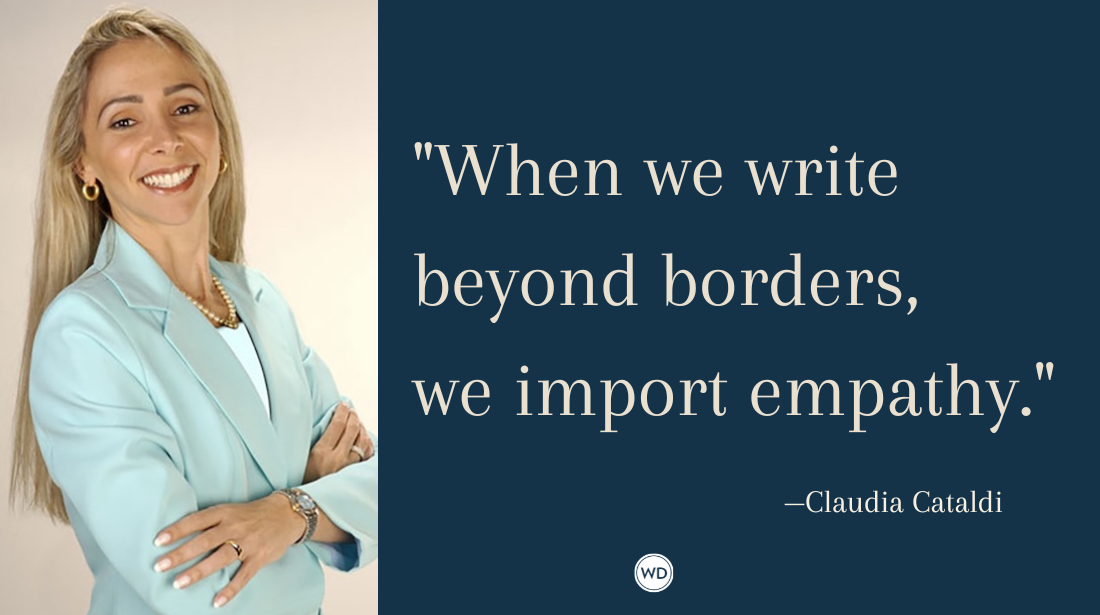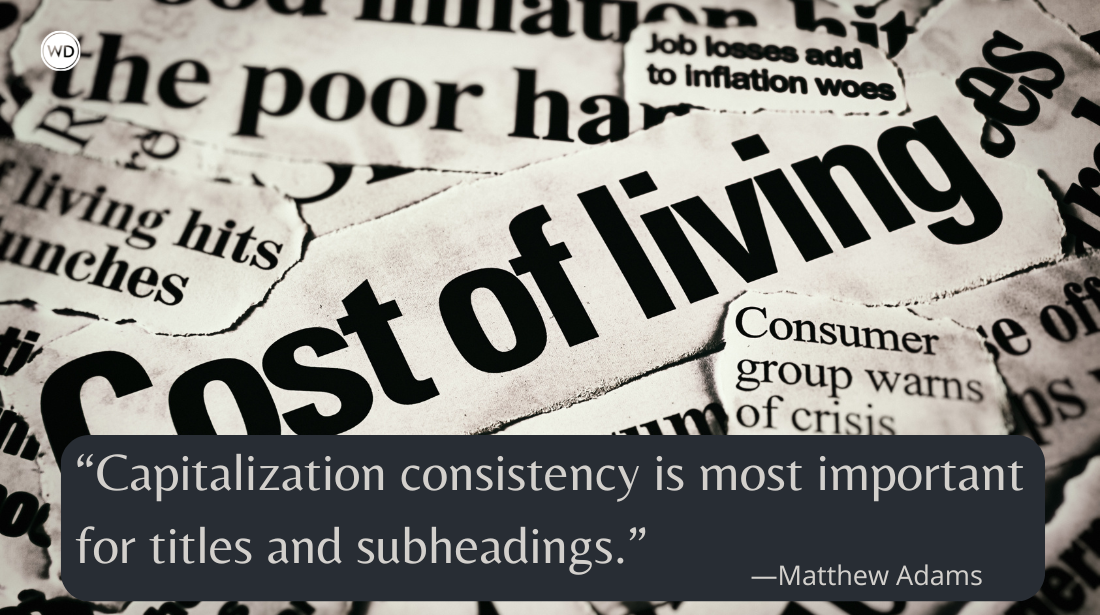Agent Advice: Laney Katz Becker of Markson Thoma Literary Agency
The best way to get advice from literary agents is to go directly to the source. In this post, get agent advice from Laney Katz Becker of Marks Thoma Literary Agency.
“Agent Advice”(this installment featuring agent Laney Katz Becker of Markson Thoma Literary Agency) is a series of quick interviews with literary agents and script agents who talk with Guide to Literary Agents about their thoughts on writing, publishing, and just about anything else. This series has more than 170 interviews so far with reps from great literary agencies. This collection of interviews is a great place to start if you are just starting your research on literary agents.
This installment features Laney Katz Becker of Markson Thoma Literary Agency. Laney was an agent at Folio Literary Management before she joined Markson Thoma. Prior to becoming an agent, Laney was an advertising copywriter and freelance journalist, as well as an award-winning author of fiction and nonfiction. Laney grew up in Ohio and enjoys reading, writing, sewing and snuggling with her pooch.
She is seeking: “book club fiction,” (i.e. novels with substance that you're eager to talk about); character-driven stories; and smart, psychological thrillers. She also loves a great memoir, especially if it teaches her something new, exposes her to a different culture/country, or has a great voice. She's always on the prowl for narrative nonfiction, (especially from journalists), as well as practical nonfiction—parenting, family, relationships, pets—by experts with solid platforms.
GLA: How did you become an agent?
LKB: My background is in writing. I started my career as a copywriter in the advertising/marketing/publicity arena, and later worked as a freelance journalist. My articles and essays have appeared in more than 50 newspapers and magazines. I am also an author of both nonfiction (Three Times Chai) and fiction (Dear Stranger, Dearest Friend ). My novel was a Literary Guild, Alternate Selection; chosen by Redbook as the Editors' Favorite Pick; recommended by Library Journal; and was the recipient of several awards. I love writing (obviously) but as I grew older, I wanted to get back to working with people. (A writer’s life can be very isolating, and I didn’t want to spend my days alone, writing novels in my basement. Hence the career change.) Being an agent allows me to use all my skills and feels like something I prepared for my entire life. If you want to read more about my second career as an agent, check out my blog on the Huffington Post.
GLA: What’s the most recent thing you’ve sold?
LKB: I recently sold Traci Foust’s Confessions of an Unsane Childhood (Simon & Schuster / Gallery Books). It’s a memoir – and a debut – about growing up with OCD and anxiety. Traci is very talented and worked with me for a year to get her proposal in tip-top shape. When I signed her, I knew the proposal needed a lot of work, but I fell hard for her literary voice (which was funny and yet poignant). Traci has a great story to tell and I’m thrilled to have played a part in helping her get it out there.
GLA: How does this vast background contribute to your agenting style and skills?
LKB: I’ve walked the walk of the writer. I know where they’re coming from and I think that kind of insight is invaluable. I also think that my writing skills make me a really good editor, and I work very closely with my authors on the revision process to get their novels and proposals ready for submission. But, it’s a double-edged sword. Because I have the writing skills, sometimes authors expect me to “fix” things, (not okay) or complain about how “hard” writing is. Ha! Tell me something I don’t know.
GLA: You seek literary and mainstream fiction. But when you say you want “commercial” do you mean the pop genres, such as romance?
LKB: Strike all that. When it comes to fiction what I’m really looking for is what I call “book club fiction.” It’s the sort of novel that leaves you dying to talk about what you’ve read with someone. It’s not so literary that you feel like you need a thesaurus by your elbow, nor is it so slow moving that you feel like you’re watching grass grow; in other words, it doesn’t feel like work to read. But, it is much more than an entertaining read; you have to bring your brain because it has some substance to it. I also love really smart thrillers. Not the apocalyptic type; more psychological or puzzle thrillers. Things that mess with your head. (Do you notice a recurring theme, here? I like fiction that makes me think.)
GLA: You say you love memoir, and a few of your recent sales - Unsane Childhood and then First Comes Love, Then Comes Malaria - are those great books writers love to see – i.e., memoirs written by people who are NOT celebrities or politicians. Give us your top 3 tips on writing memoir and catching your attention.
LKB: Love this question. Everyone thinks their story is interesting to others, but more and more publishers are worried about “platform,” which is why we see so many (too many!) celebrity books. But even if you’re not famous, you can do yourself a huge favor if you have some following/audience/readership. Whether it’s through Facebook, Twitter, a blog, a regional radio show, a regular column in your local paper…something!
When it comes to memoir, I’m a sucker for voice. I want it to feel fresh and compelling. I want to like you on the page. I also want a fresh story. I’m not interested in the dysfunctional family memoir, or the abuse (drug, sexual, etc.) memoir. I’m sorry, I truly am, but I feel like I’ve read that story too many times and I just don’t want to invest months of my life working with an author on a proposal if it’s a topic/story that doesn’t wow me. BTW: that’s another thing. I sell memoir by proposal only. And no, it doesn’t mean if you’ve already written the whole book it’s better. Proposal. Only. I also like a memoir that exposes me to a different culture or country. I like stories that allow me to walk in someone else’s shoes.
GLA: Concerning nonfiction proposals coming in through the slush (that aren’t memoir), what are you looking for and not getting?
LKB: Great credentials; great writing.
GLA: What do you pray for? More good parenting books? More psychology? Etc.
LKB: When it comes to practical nonfiction/how-to books, platform is key. That’s what I pray for. Qualified experts with a strong platform that will make publishers salivate.
GLA: You’ve been a writer and now an agent. Taking what you know and have seen from both sides, tell us about what changes you see for the future of the publishing industry.
LKB: I wish I had a crystal ball. But I think what’s happening now will continue: Publishers are publishing fewer books; advances are smaller and publicity/marketing support isn’t what we’d like it to be. I think there will be more ebooks published and I think that debut writers will have an even tougher time getting published in hardcover. But you don’t need a crystal ball for any of that; it’s just sort of the lay of today’s land.
GLA: You rep a lot of debut books and novels. What’s it like to take on so many debuts and help people with their first books?
LKB: It is FABULOUS! I’m helping someone realize his/her dream. And that is always something I love. But debut authors can be frustrating, too. They require a lot more time and hand-holding and that’s okay – as long as they remember to say thank you :-D
But seriously, debut authors don’t always understand the job/role of an agent and their expectations aren’t always realistic. They may read some blog about an author getting a seven-figure advance and they figure that they’ve written a good book so they should get that kind of advance, too. (Don’t I wish?!)
GLA: Something personal about you writers would be surprised to know?
LKB: I don’t cook. Really. Not ever.
GLA: Will you be at any upcoming conferences where writers can meet/pitch you?
LKB: Nope. I happen to really like slush and use the time I would typically spend at conferences reading unsolicited submissions. That way, I’m judging the work and the writing – and it’s paid off. The slush pile has given me authors who’ve gone on to make national and international bestsellers’ list, become B&N Discover Great New Writers picks, and Debutante Ball (www.thedebutanteball.com) selections.
GLA: Best piece(s) of advice we haven’t discussed?
LKB: When looking for an agent always be professional: Read submission guidelines. If an agent only takes electronic submissions, don’t send them snail mail. Make some reference in your query to the fact that you’ve done your homework. “I’m sending this to you because I know you love book club fiction,” “I laughed all the way through Eve Brown-Waite’s memoir, First Comes Love, Then Comes Malaria, and I’m writing to you because I have a project I think might also resonate with you…” Get it?
If an agent asks for pages or a proposal, resend your query; don’t ever expect an agent to remember you or save stuff. We are inundated with material and read a lot. So give us the tools we need to do our jobs because if you don’t send along everything we need, you’re making it easier for us to just pass and move onto the next email in our inbox. But, if you love writing and are willing to work hard and revise and revise – don’t give up. In fact, check out our website and send me a query! (Laney[at]MarksonThoma[dot]com)
Chuck Sambuchino is a former editor with the Writer's Digest writing community and author of several books, including How to Survive a Garden Gnome Attack and Create Your Writer Platform.





